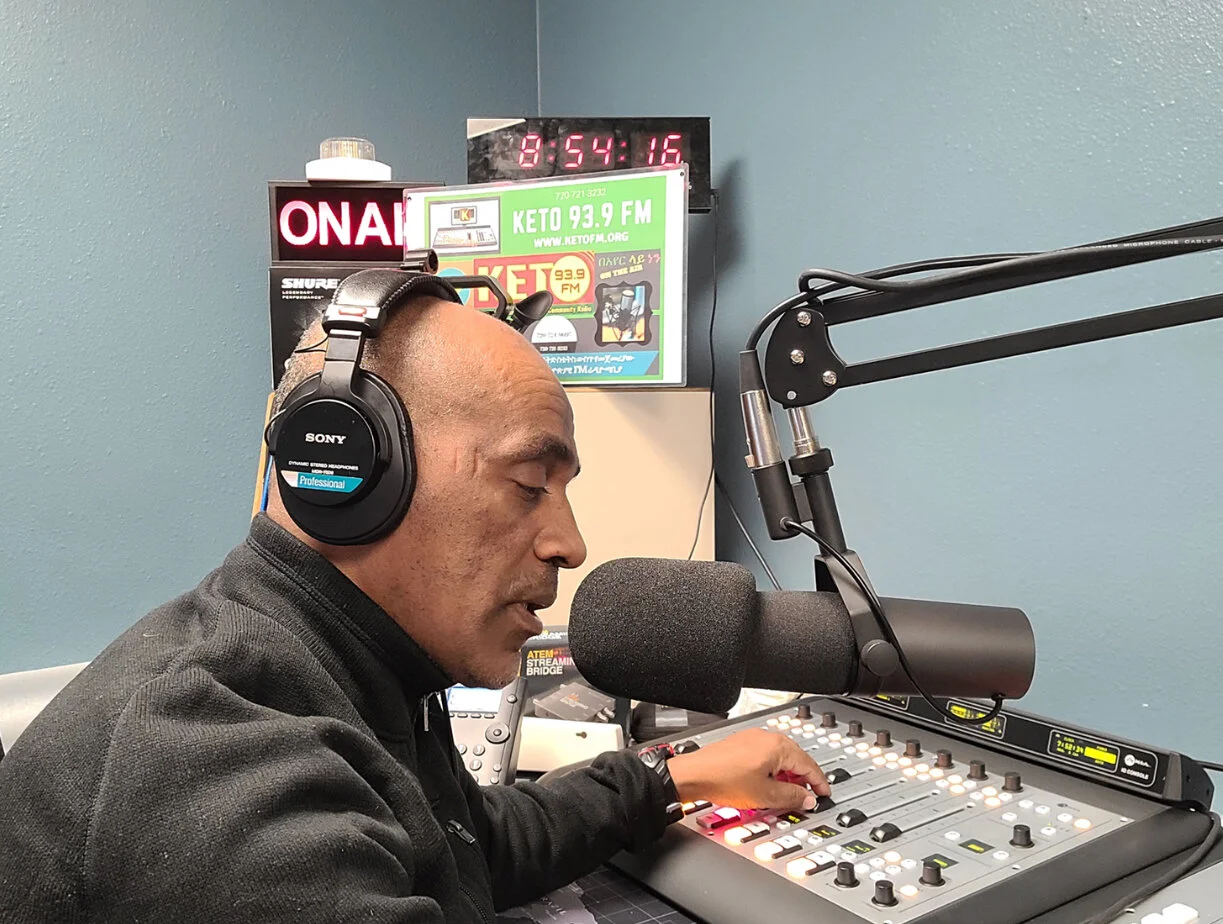This past spring, as COVID-19 began to spread worldwide, alarm bells began ringing here in Colorado: Potentially lifesaving news and information was not reaching the state’s non-English speaking, BIPOC (Black, Indigenous, and People of Color), and rural communities with the same depth and detail as was available through English-language and Front Range media outlets and information sources.
To help address these inequities in access to information — and to encourage knowledge and content sharing between the state’s ethnic, mainstream, and rural outlets — Colorado Media Project launched the COVID-19 Informed Communities Fund. Ten grantees were selected to receive $5,000 each, to support their active participation in the Colorado News Collaborative, or COLab, and to support innovations to ensure that more local news – about the COVID-19 public health crisis and the economic recovery – reaches the state’s diverse communities.
Local and community media often struggle with sustainability and are the last line of defense against news deserts and misinformation targeting communities of color online. So (in addition to participation in COLab), grantees have received coaching from Misinformation Watch Colorado’s Sandra Fish and mentorship from Free Press via News Voices: Colorado, which among other things helps journalists build stronger relationships with the communities they serve.
It’s just mid-way through the grant period, which began in April — but we’re excited to share that these newsrooms and community groups are already making a huge difference for residents across our state. Here’s just a taste of what they’ve been up to so far, with programmatic support from CMP and funding from The Colorado Health Foundation, The Colorado Trust, Democracy Fund, Gates Family Foundation, and Rose Community Foundation:
Serving the African-American Community of Denver Metro for nearly a half-century, Denver Urban Spectrum (DUS) has hired staff and other contributors, expanding their capacity for deeper story telling in the monthly print publication. They have also shared 32 original articles with other COLab newsrooms via the AP’s new StoryShare tool, and published COLab partner content in DUS pages and platforms. Here’s one about coronavirus and voter suppression – focused on how the coronavirus may affect the election process and its impact on communities of color. This spring, DUS also launched a Facebook Live series, highlighting timely topics and leaders in Denver’s African American community.
This Spanish-language television station hired much needed freelancers to expand coverage and send interpreters to government briefings on the pandemic. Since April, they have reported over 100 stories, including one on the undocumented immigrants detained in GEO who tested positive for COVID-19.
This small radio station is one of the only outlets serving Spanish-speaking and monolingual communities in the Roaring Fork Valley. What they needed most was new equipment for streaming, and so much of the CMP grant has been used to improve operational and technological capacities. So far, they have produced more than 45 stores in Spanish, including a feature titled, Latino paramedic talks about his challenges during COVID-19, and the creation of a Spanish-language resource guide on Facebook, where much of their audience connects digitally.
Immigrant and Refugee Center of Northern Colorado
IRCNoCo has used the grant to create a COVID-19 resource hub that disseminates COVID-19 news and information to their clientele, a diverse immigrant population living in the Fort Collins/Greeley area who are low-literacy even in their native language. They distribute information using a number of platforms, including videos (here’s one in Somali) and personalized SMS text shares from client navigators, with important information about COVID testing, worker's comp, and other issues relevant to their community. They are also in the beginning phases of collaboration with local news outlets in Greeley (NoCo Optimist) on how to create and share content sustainably in the future.
Que Bueno Radio serves the Denver metropolitan area. They have used the grant for operational expenses and have produced 10 original stories per month.
Four Corners Public Radio serves 14 communities in southwest Colorado, including Durango, Silverton, Cortez, Mancos, and Pagosa Springs, as well as parts of New Mexico, Arizona, and Utah. They have focused their efforts on informing Indigenous communities, who have been disproportionately impacted by COVID-19. The grant was used to hire two independent contractors with deep ties to the community. So far, they have produced more than 58 original stories related to COVID-19, including a story on the lack of digital and broadband access in Native American communities in the time of COVID. They’re also expanding the reach of this coverage, by sharing their original COVID coverage for free with KDUR (Ft. Lewis College community radio) and The Point (a local commercial Top 40 station) — both which were not previously offering any local news.
Mile High Asian Media is a publication informing East Asian and Southeast Asian communities on the Front Range. Since April, they have produced eight original news stories about COVID-19 in English and Chinese, including a story providing background about how Asian small businesses were affected by closures and anti-Asian misinformation that has resulted in discrimination and people avoiding Asian businesses. They also launched a new engagement tool, connecting the Chinese community via WeChat. From the platform, they have been able to send out resources on COVID-19 testing information, and receive feedback and story ideas from the community.
Rocky Mountain Multicultural Community Radio
Denver Metro is home to one of the largest East African communities in the United States. Rocky Mountain Multicultural Community Radio, or KETO FM, used their grant for translation technology, giving them the ability to take English-sourced news information and translate it into Amharic. They also upgraded much of the radio equipment, improving their broadcast capabilities. In addition to producing nearly 10 radio stories in Amharic for their audiences, the grant helped KETO FM form partnerships with other Ethiopian communities in Dallas, Minneapolis, and Washington D.C, to co-host Facebook Live chats with medical doctors and public health officials of Ethiopian-descent, to talk directly to community and provide the latest on COVID-19 via Facebook Live.
The Rocky Mountain Welcome Center is an immigrant-led organization with the mission of fostering intercultural learning, understanding and integration among immigrants, refugees and the Colorado residents. They have focused their efforts on developing a weekly 30-minute radio show in Spanish with Rodolfo Cardenas on "Hablemos Hoy," which launches Sept. 3.
This community-focused start-up newspaper in Colorado Springs serves some of the most economically-diverse ZIP codes in the Pikes Peak region. So far, they have produced more than 75 original stories related to COVID-19 in their community. They have applied a portion of the grant to purchase podcast-compatible recording equipment, in hopes of expanding their platforms.

